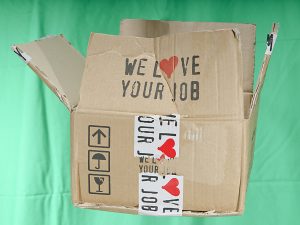“Gig” employment, also known as the, “sharing economy,” has exploded across the country, with increasingly more services following in the footsteps of the likes of Uber and Grubhub. These businesses often use apps to connect workers with customers for one-time services. These companies amass an eager base of workers who sign up for shifts as able, delivering groceries, transporting passengers, and more.
to connect workers with customers for one-time services. These companies amass an eager base of workers who sign up for shifts as able, delivering groceries, transporting passengers, and more.
Many workers view gig employment as a flexible and easy way to earn extra money, while employers view it as a cheap way to staff a robust labor pool.
However this dynamic has led to a growing number of employee misclassification lawsuits as the debate comes to a boil as to whether these workers are independent contactors or employees (with all the rights that employees receive). Continue Reading ›
 Orange County Employment Lawyers Blog
Orange County Employment Lawyers Blog










